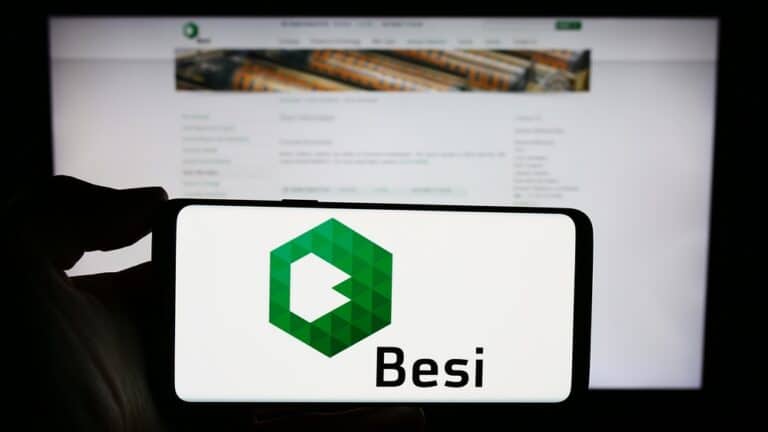Dutch-based BE Semiconductor (Besi for short) is going to supply 26 hybrid bonding systems to another major chip producer. It announced this recently via a press release (pdf).
The 26 systems will be delivered in Q4 2024-Q1 2025. Although the name of the customer is not mentioned, there are only a few candidates. With the move, Besi currently supplies hybrid bonding machines to two customers, whose options are actually only TSMC and Intel. The complex processors manufactured by TSMC and Intel are currently the only logical applications to deploy these Besi machines.
Besi, as it happens, does not expect deals to stop there this quarter. The company anticipates new orders, although again it does not specify from whom. The current deal is already generating quite a bit of revenue, anyhow: each machine would cost about 6 million, of which Besi gets about half – the rest is needed to cover costs for personnel as well as components from suppliers.
Packaging is the new battleground
Hybrid bonding can be briefly described as the seamless bonding of two chips. Normally, when a processor is fully baked and drawn on a chip wafer, it is then “packaged” to end up on a printed circuit board. These are typically monolithic (i.e. singular), but that’s now changing.
As chip designs become increasingly complex and therefore error-prone, it is not cost-effective to make ever-larger monolithic processors. That is why Nvidia, for example, chooses to fuse together two identical chips for its latest Blackwell design. With”advanced packaging,” this avoids any adverse effects: the Blackwell GPU “thinks” it consists of one part.
The required hybrid bonding technology for this is currently available only at TSMC. Intel will no doubt aspire to the same functionality, so Nvidia may also be interested in a deal.
There are several packaging players, of which Besi is a prominent one. The company from Duiven, Netherlands, has, as Bits & Chips put it late last year, “the best cards” for advanced packaging. However, it competes with all kinds of other companies to supply chip makers. Should Intel actually be the Besi customer in question, it will be the second Dutch chipmaker it receives machines from this year. ASML, which builds machines to manufacture chips (the process before packaging), is supplying several of these to Intel this year. Those are a tad more lucrative than even Besi’s efforts at around 350 million euros per machine.
Also read: ASML sends all High-NA EUV machines to Intel in 2024
